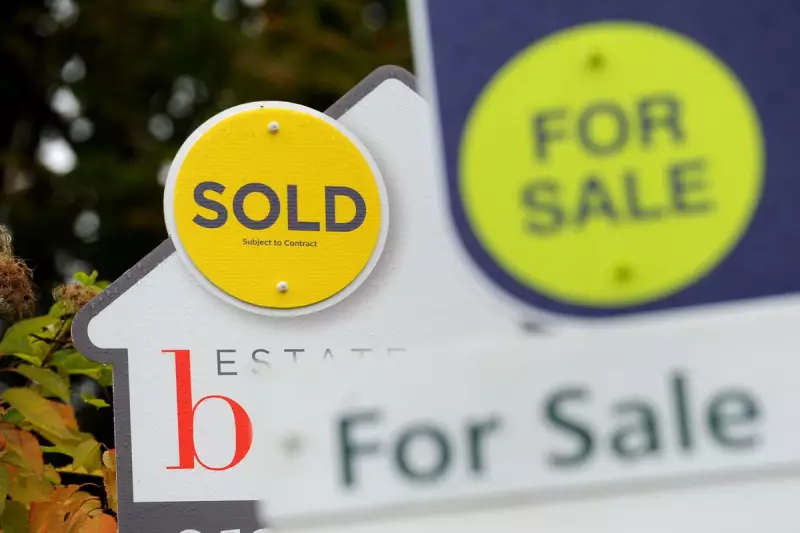
The UK housing market has recorded its steepest annual decline in over a decade, with prices falling by 5.3% in the year to December 2023, according to the latest data from Nationwide Building Society.
The average house price now stands at £257,443, reflecting a drop of 1.8% in December alone—the most significant monthly fall since the pandemic-induced downturn of June 2020. This marks the third consecutive month of price reductions, painting a sobering picture for homeowners and prospective buyers alike.
Mortgage Rates Squeeze Buyer Affordability
Robert Gardner, Nationwide's Chief Economist, pinpointed the primary culprit: "The main factor behind the price correction has been the sharp rise in longer-term interest rates, which has severely impacted the mortgage market."
This surge in borrowing costs has dramatically reduced housing affordability. A prospective buyer earning the average UK wage and putting down a 20% deposit would now see their monthly mortgage repayment consume a staggering 38% of their take-home pay. This is a sharp increase from the long-term average of 30% and represents the highest proportion since 2007.
A Glimmer of Hope for 2024?
Despite the bleak annual figures, there are faint signs of stabilisation. Gardner noted that mortgage rates have begun to ease from their mid-2023 peaks as investors grow more optimistic that the Bank of England's base rate has reached its zenith.
This has already spurred a modest recovery in market activity. Mortgage approvals for house purchases increased to 47,000 in November, up from 43,000 in October, though they remain well below the pre-pandemic average.
Looking ahead, Gardner offered a cautiously optimistic outlook: "If inflation continues to moderate and interest rates are cut in the coming months, as most analysts expect, this would likely support a modest recovery in housing market activity and prevent a steeper decline in prices."
However, he tempered expectations, concluding that a rapid rebound remains highly unlikely in the immediate future given the ongoing pressures on household budgets.





